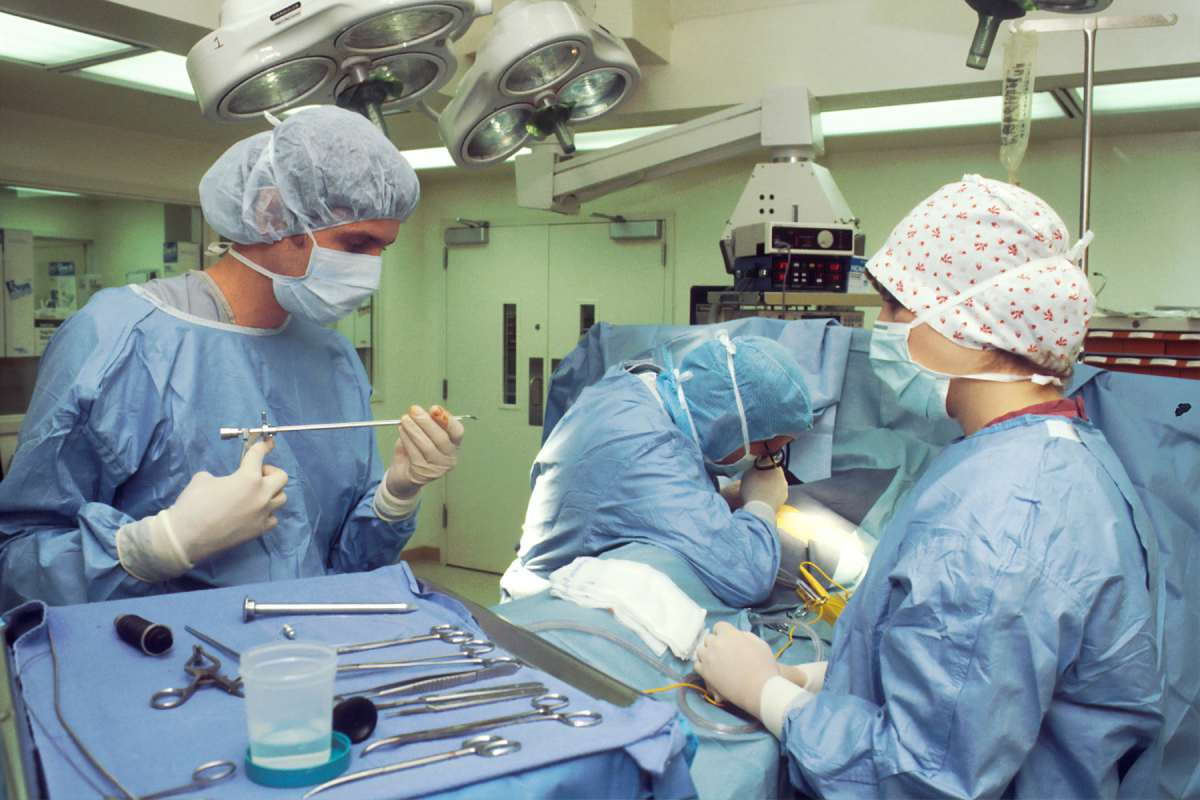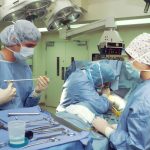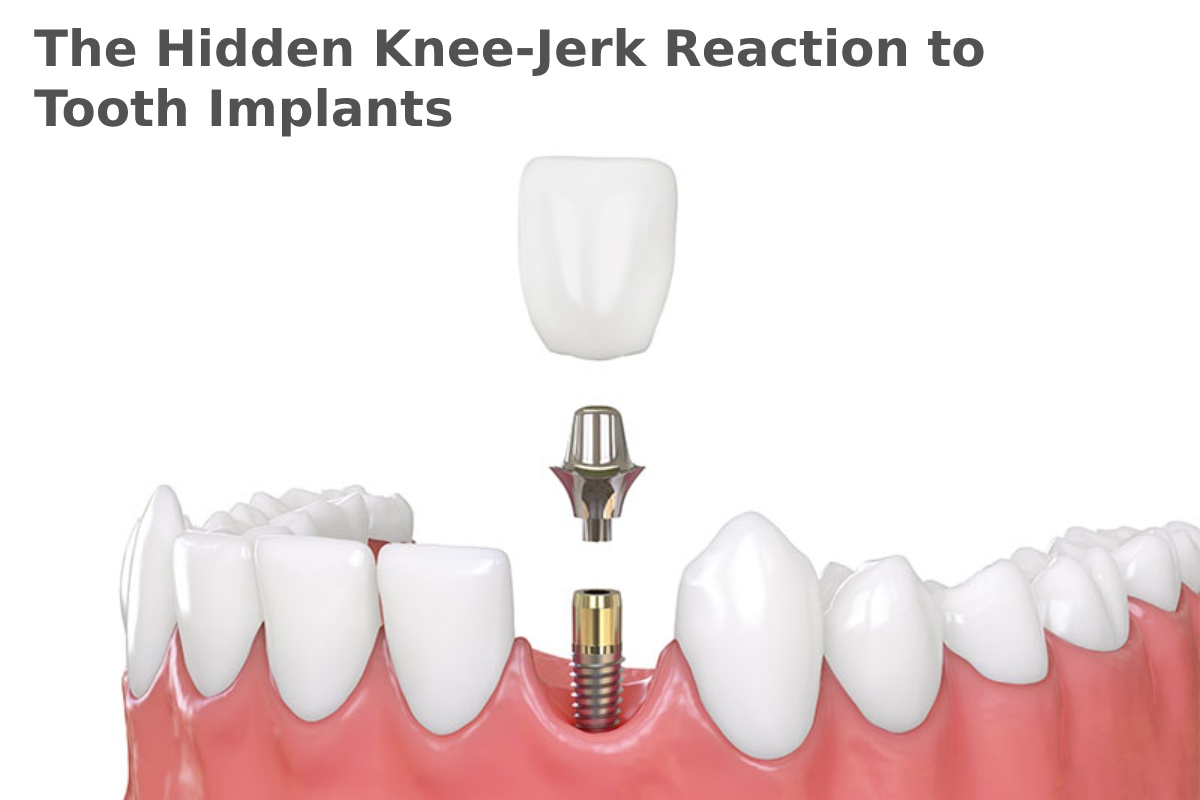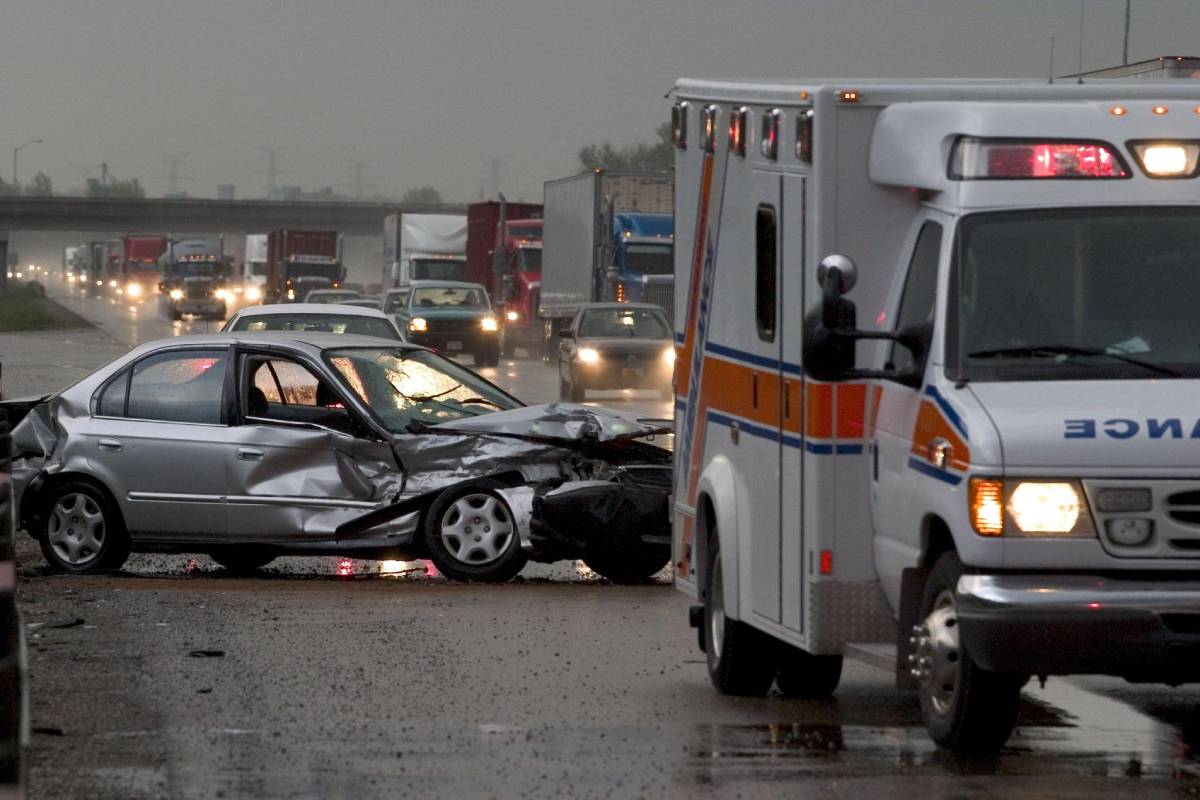Dementia – As a parent or senior loved one has started to show signs of memory issues, this may indicate the early signs of dementia. Equally as likely, however, is that a loved one who is starting to show signs of memory loss simply follows the normal pattern of aging and is nothing to be concerned about.
Here is a concise reference guide of the signs and symptoms of the early stages of dementia.
What Actually Is Dementia?
Dementia is essentially the term used to describe many symptoms that occur when particular diseases or specific conditions negatively affect the brain. The particular symptoms a person will have depends entirely on which precise condition is causing dementia and which exact sections of the brain are affected.
Contrary to popular belief, dementia and Alzheimer’s disease are not the same thing, and in actual fact, Alzheimer’s disease is just one of several causes of dementia.
The Seven Stages Of Dementia
Unfortunately and utterly heartbreaking, the truth is that dementia is a progressive disease and is essentially incurable. However, if our loved one has been diagnosed with dementia early and in good time them, dependent on the particular form of dementia, it may be possible to slow the progression of the illness.
It is generally accepted in medical circles and amongst trained medical professionals that there are seven basic stages of dementia.
-
Frist Stage
It is when your loved one is displaying no outward signs and symptoms and absolutely no cognitive decline. However, Stage One can also be classified as the normal functioning stage and is also known as the ‘pre-dementia’ stage.
-
Second Stage
It is when your loved one may exhibit occasional memory lapses. When your loved one is in stage two of the disease, clinical testing is unlikely to show any signs, and concern for early-onset dementia should only arise from other symptoms than memory issues.
-
Third Stage
Stage Three, otherwise known as mild cognitive impairment, is when noticeable cognitive problems become evident.
-
Fourth Stage
It is medically referred to as mild dementia, and at this stage, your loved one may begin to withdraw from their friends and family and start to show changes in their personality and mood. Additionally, your loved one may prefer to avoid challenging situations and events and be aware of their own memory issues.
-
Fifth Stage
Stage Five is otherwise known as moderate dementia, and your loved one may start to require assistance to carry out their daily tasks and chores and are likely to display an inability to remember major details and key events in their lives.
-
Sixth Stage
And also, Stage Six is called moderately severe dementia, and when your loved one is experiencing stage six of the disease, they may well begin to forget the names of their children and close family members and probably require full-time care.
-
Seventh Stage
It is naturally the most distressing stage of dementia for the people surrounding the patient significantly more than the patient themselves. In this final stage, your loved one will progressively lose their ability to speak and need assistance with even the most basic tasks such as bathing, grooming, dressing, and may become bedridden. In addition, there may be instances where they are on their way to another room and suddenly forget how to walk, and coaxing them to move can take time, especially if they live in a smaller space where it is hard to assist them can be incredibly distressing.
Warning Signs of Dementia
It is important, when an individual is displaying signs of memory loss, this does by no means automatically indicate that they are in the early stages of dementia. A natural side effect of aging is a slight decline in the brain’s ability to hold information and retain it as quickly and effectively as before, and it is vital never to jump to any conclusions.
That being said; however, memory loss and memory issues that begin to disrupt the daily life of your loved one are not a typical and normal part of aging.
Cautionary signs of dementia include, but are not limited to:
- Difficulties completing normal and routine tasks at home or at work
- Trouble following or joining into a conversation with familiar people
- A reluctance to attend events and other activities that previously were exciting
- Challenges with paying bills, household maintenance, and cooking familiar recipes
- Difficulties with balance and judging distances as well as trips and falls
- Repeatedly misplacing things and objects out of place
- Changes in personality and mood
- Problems with using mobile phones and driving
- Trouble telling the time and repeatedly losing track of dates
Long Term Care and Future Plans
As an individual’s dementia disease progresses through the medically recognized stages, there may well come a time when it is no longer feasible for them to live independently in their own home. At this point, it is the time to consider alternative living arrangements for their personal safety and security.
Assisted living facilities, such as San Jose Assisted Living, are one of the best options, and such communities afford the opportunity for you to spend as much time as you can with your loved ones in and around the community. Assisted living communities provide onsite care and support throughout the day and night, and your loved one will be assisted as much or as little with their daily chores and activities as they desire and need. Staff members will always be on hand to assist with everything from bathing, dressing, grooming to meal preparation and home maintenance and will always strive to provide the best quality of life for your loved one that is possible.
Aided living is by no means a strictly medical model of care and treatment for seniors, but they do provide a wide range of health care services, which are all individually customized to residents’ specific needs. For example: emergency first aid, medication management, pharmacy services, medical records, and treatment maintenance services are usually offered to residents in assisted living facilities. Most facilities also have a staff physician or nurse who visits residents regularly to provide medical checkups and a physiotherapist on hand to assist residents with areas of physical weakness.












